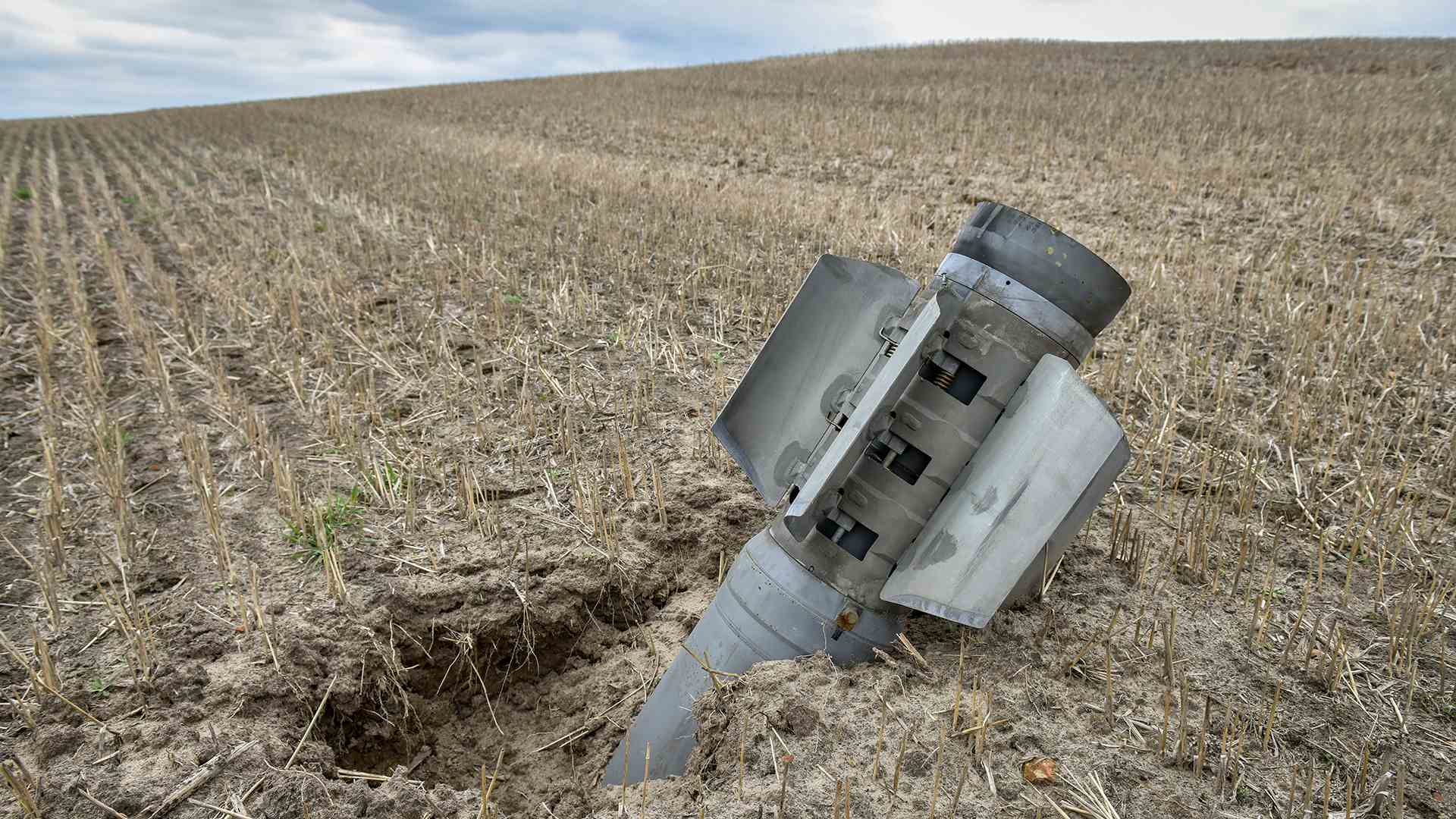Status: 05/13/2022 5:30 p.m
Because of the Russian war of aggression, the Ukrainian Minister of Agriculture Solskyj fears major losses in this year’s harvest. Federal Minister of Agriculture Özdemir promised help at the G7 meeting – also in the search for alternative export routes.
The Ukrainian Minister of Agriculture Mykola Solskyj fears that this year’s wheat harvest in his country will suffer major losses because of the Russian war of aggression. “The situation with corn is a bit better,” said the head of department, according to the official translation, at the start of the meeting with his counterparts from the G7 industrialized countries in Stuttgart. “The situation is definitely not easy.” There are still about 20 million tons of grain from the previous harvest. “I assume that we will have an additional 30 to 40 million tons of grain,” he said, referring to the new harvest.
His country also needs support when it comes to transporting grain. “We cannot solve the task alone.” Ukraine made Germany, the USA and the other leading industrial nations of the G7 permanently responsible for strategically important grain exports. “Many countries have to get involved,” said Solskyj. The situation is tricky because most of the country’s seaports are blocked. It is now necessary for the Black Sea ports to be unlocked and for logistical options in the Baltic ports to be looked at, according to Solskyj.
Özdemir pledges support to Ukraine
Ukraine is traditionally a major wheat exporter. Because of the war, grain markets are tense around the world, and prices are rising. Federal Minister of Agriculture Cem Özdemir promised support as the host of the two-day meeting. The main thing is to explore alternative transport routes for Ukrainian grain, “overland, by rail, via the Danube,” says Özdemir. “The port of Odessa must be secured, it must not fall,” said the Federal Minister of Agriculture. It is good if Ukraine is militarily successful.
An action plan by the European Commission provides for various measures to initially export 20 million tons of grain overland from Ukraine over the next three months. “We need the grain on the world market and Ukraine needs the silos for the coming harvest,” said Özdemir.
Özdemir accepted an invitation to Ukraine from Solskyj. Details on this initially remained open. “We will not leave them alone,” said Özdemir, referring to Ukraine and its citizens.
Özdemir: Hunger as a Russian weapon of war
Previously, Özdemir had Russia accused of using hunger as a weapon of war by preventing grain exports by blocking ports. Özdemir accused Russian President Vladimir Putin of instigating an economic war against Ukraine.
The G7 foreign ministers, led by Federal Foreign Minister Annalena Baerbock, also discussed how Ukrainian grain can be brought into the world in Weißenhäuser Strand on the Baltic Sea. Germany currently chairs the G7. In addition to Germany, the group includes the USA, Canada, France, Great Britain, Italy and Japan. Baerbock warned that a food crisis was brewing in the sky.
A 75-minute phone call between Chancellor Olaf Scholz and Putin also dealt with the global food supply, which is strained because of the Russian war of aggression. “The Chancellor reminded that Russia has a special responsibility here,” said government spokesman Steffen Hebestreit afterwards. According to the Kremlin, the talks came about on a German initiative.
Beware of new hunger
On the occasion of the meeting, Welthungerhilfe warned of an “even more drastic increase” in the number of starving people. In order to prevent this, the agriculture ministers would have to initiate appropriate emergency aid as quickly as possible, said Welthungerhilfe deputy political chief Rafael Schneider of the “Neue Osnabrücker Zeitung”. Otherwise, the rise in food prices caused by the Ukraine war will continue to drive up the number of starving people. Currently, 800 million people worldwide suffer from hunger.
Environmental organizations called on the G7 group to significantly strengthen the World Food Program financially in order to ensure supplies in the particularly affected regions. Food security is also peacekeeping, the organizations said.
Import price for grain increased sharply
According to the Federal Statistical Office, the price of grain imported into Germany rose by 53.6 percent year-on-year in March as a result of the war. The last strong increase was in May 2011, when it was 74.0 percent.
According to the Association of the Grain, Milling and Starch Industry (VGMS), this reflects the world market price, which has been rising for months. “Grain is becoming more expensive worldwide, even before the war in Ukraine, which has drastically aggravated the already tense situation on the grain market,” said a spokeswoman for the association.
For Germany, imports from Ukraine with a share of 1.9 percent and from Russia with 0.1 percent play a subordinate role. A total of around 11.4 million tons of grain worth 3.2 billion euros were imported last year. At the same time, Germany exported 11.7 million tons worth 2.8 billion euros. Nevertheless, the global price increase is also noticeable for consumers in Germany.

